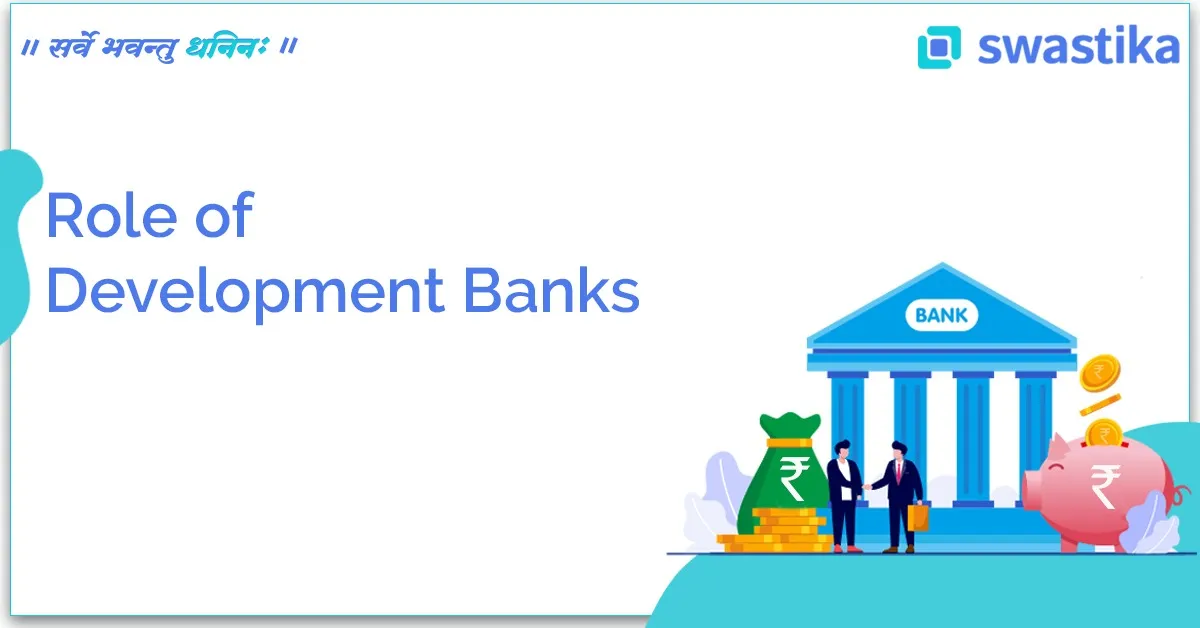Key Takeaways
- Blackstone is selling a ~9.5% stake in Mphasis via a ~₹4,600 crore block deal.
- The shares traded at a ~4–5% discount, sparking a ~2–5% drop in Mphasis’s stock.
- The deal may reflect profit-taking but also raises questions on long-term promoter commitment.
- Mphasis continues to deliver on AI-led deal wins and a strong pipeline, supporting its growth story.
- For investors, this block deal could present both risk (increased volatility) and opportunity (entry point), especially via reliable platforms like Swastika Investmart.
Mphasis Block Deal Breakdown: Market Reaction & Impact on Future Growth
What’s Happened: Blackstone Sells Big Stake
Private equity heavyweight Blackstone, which holds a large stake in Mphasis, is offloading up to 9.5% of its equity in a block deal estimated to be worth around ₹4,600 crore. The floor price is set at ₹2,570 per share, which is about 4–4.4% lower than Mphasis’s previous closing price.
This isn’t the first time: earlier, Blackstone sold ~15% of its holdings in a deal worth ₹6,700–7,000+ crore, reducing its stake to just over 40%. Post-deal, those remaining shares are subject to a 180-day lock-in, per the term sheet.
Market Reaction: Why the Stock Fell
The immediate fallout was sharp: Mphasis shares slid 2–5%, reflecting investor concerns over such a major promoter exit. Trade volumes spiked significantly.
This can be interpreted in a few ways:
- Profit booking: Blackstone may simply be locking in gains after successfully scaling its stake over years.
- Sentiment check: Investors might worry about the future involvement of a major backer.
- Risk vs opportunity: For some, such block deals provide a chance to buy in at a discount, but with higher volatility.
Why It Matters: Implications for Mphasis’s Growth Story
1. Promoter Confidence & Ownership Dynamics
Blackstone’s reduction—while still holding a substantial stake (post-deal) of ~40%—could be viewed through two lenses:
- Neutral: It’s a financial decision, not a strategic pull-out.
- Cautious: Large sales by promoters sometimes hint at liquidity or reallocation.
However, since Blackstone isn’t exiting entirely, it suggests continued alignment with Mphasis’s long-term growth.
2. Financial Strength Supported by AI Deals
Despite the block deal noise, Mphasis’s underlying business continues to perform well:
- In Q1 FY26, the company recorded $760 million in Total Contract Value (TCV), with 68% of these deals being AI-led.
- In Q4 FY25, 59% of Mphasis’s large deal wins came from AI-driven engagements.
- In Q2 FY26, the company posted ₹3,901.9 crore in revenue and a PAT of ₹469.1 crore, reaffirming its execution capability.
These numbers suggest that Mphasis is not just riding the block deal headline — its core business remains healthy, especially in high-growth AI and digital transformation areas.
3. Regulatory Context: SEBI’s Changing Block Deal Norms
It’s also timely to note that SEBI recently revised block deal regulations:
- The minimum deal size for a block deal has been raised to ₹250 million (from ₹100 million).
- New pricing norms allow block deals to be placed 3% above or below last traded price, and trades will be conducted in morning and afternoon windows.
These changes may influence how future block deals are structured and could impact liquidity and sentiment.
Real-World Implications for Investors (Especially in India)
- Short-term traders might see this as a volatility event — block deal news + sharp volume = trading opportunity.
- Long-term investors could interpret the dip as a chance to enter: Mphasis has strong fundamentals, especially given its AI-led TCV pipeline.
- Institutional investors may watch how Blackstone redeploys the capital and whether more deals follow once the 180-day lock-in lifts.
- For those invested or planning to invest via Swastika Investmart, it’s reassuring to have a SEBI-registered broker with robust research tools — helping parse such complex events.
FAQs
Q: Why does a block deal cause a stock to drop?
A: Because a large-volume sale by a major promoter often raises concerns about future strategy, even if the underlying business is healthy. Also, block deals are usually priced at a discount, which can drag the share price.
Q: Is Blackstone exiting Mphasis entirely?
A: No. After this deal, Blackstone will still remain the largest shareholder, but its stake will be significantly reduced, and it is subject to a 180-day lock-in for the remaining shares.
Q: How does this deal affect Mphasis’s growth prospects?
A: While this is a liquidity event, Mphasis’s core business continues to grow — especially its AI-led contract wins, which support long-term revenue potential.
Q: What role does SEBI regulation play in block deals now?
A: SEBI has raised the minimum block deal size to ₹250 million and allowed trades within ±3% of the last traded price, in two windows (morning and afternoon).
Q: How can retail investors act on this news?
A: Retail investors can assess whether the dip presents a long-term buy opportunity. Using a trusted, SEBI-registered broker like Swastika Investmart can help by offering strong research support and an educational framework.
Conclusion & Next Steps
The recent Mphasis block deal, with Blackstone selling a ~9.5% stake, has understandably caught the market’s attention. While the immediate reaction was negative — with the stock price dipping and volumes spiking — a deeper look reveals that Mphasis’s core business remains strong, especially with its AI-led deal pipeline.
For many investors, this is not just a headline event — it may be a potential entry point into a fundamentally solid company. And this is where Swastika Investmart can play a valuable role: as a SEBI-regulated broker, it offers robust research tools, educational support, and customer-centric service to help you make informed investment decisions.
.webp)

.png)




.webp)
.webp)

.webp)






